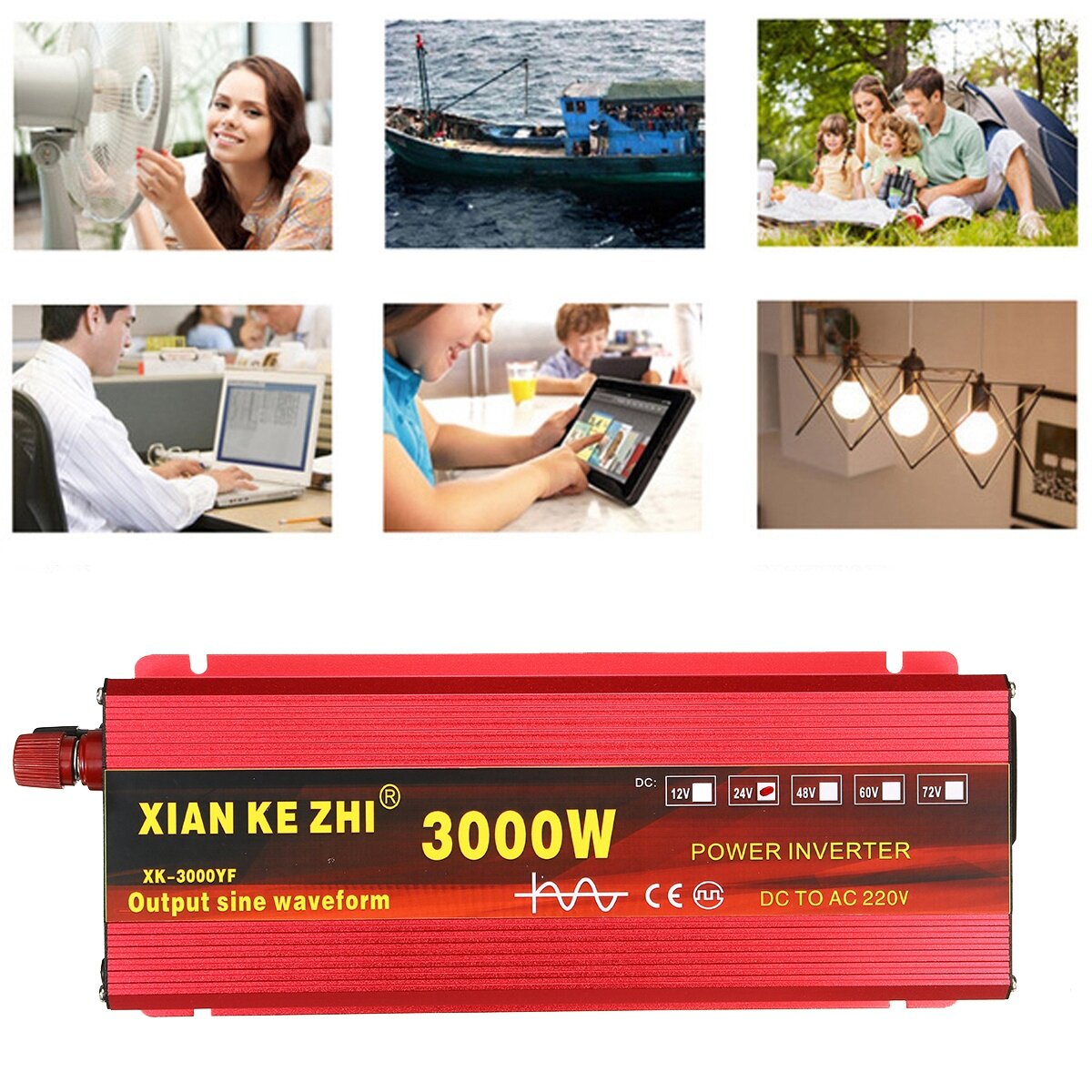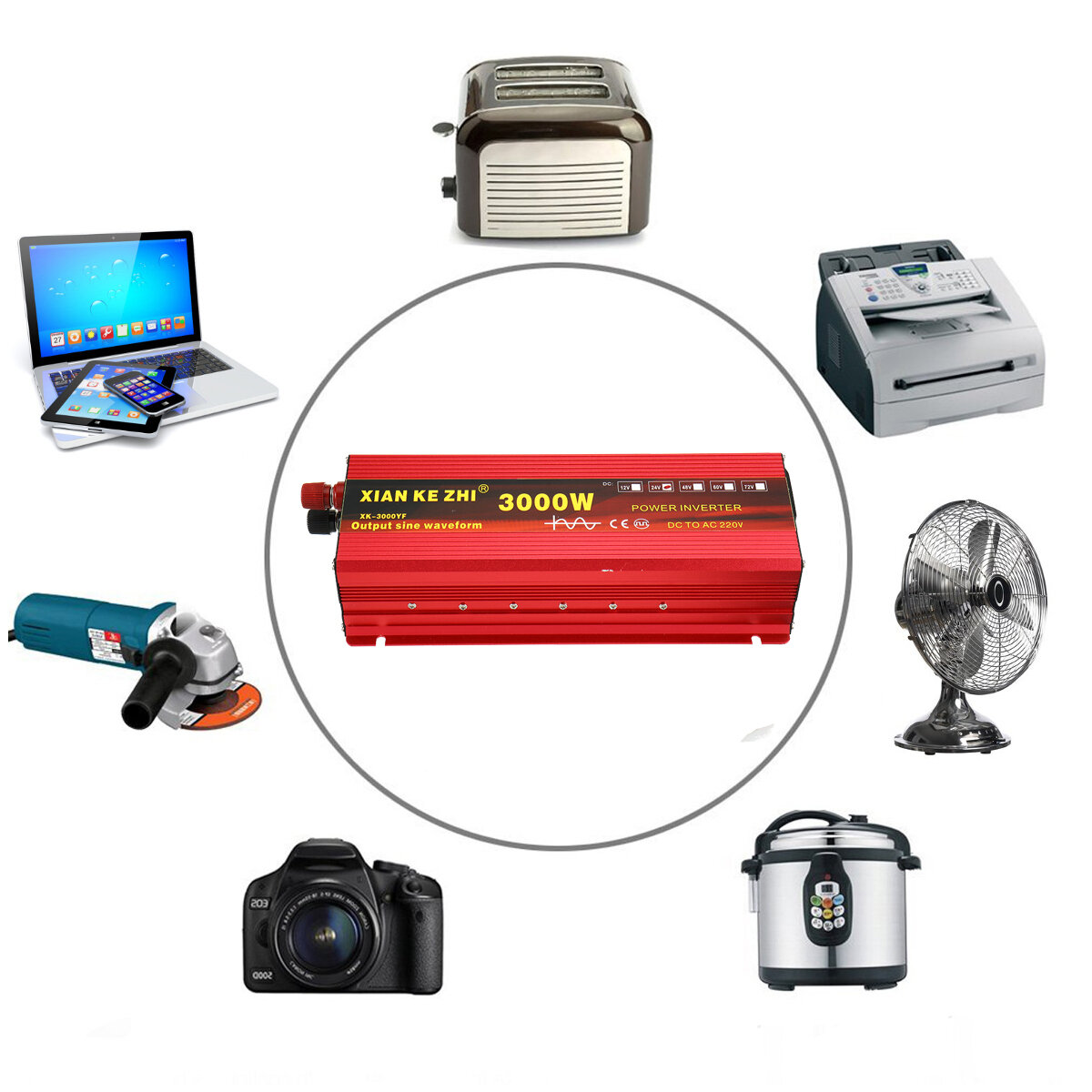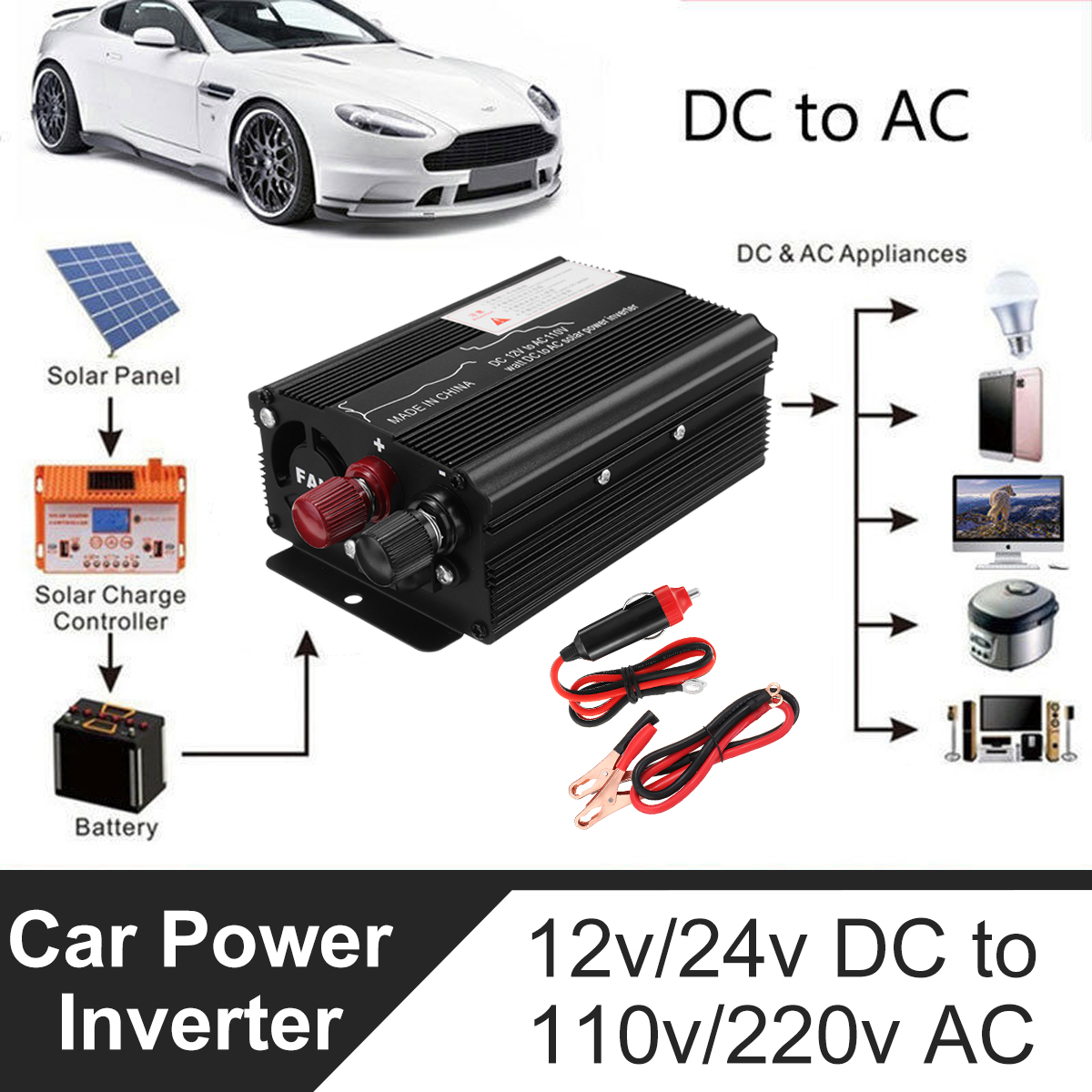The Future of Power Inverters: Discover the Latest Trends at Moonzite

The world is moving towards more sustainable energy solutions, and with that, the demand for power inverters is increasing. Power inverters play a crucial role in converting DC power from renewable energy sources such as solar panels into AC power that can be used in households and businesses. As technology advances, power inverters are becoming more efficient and versatile. In this article, we will explore the latest trends in power inverters and how Moonzite is leading the way in this industry.
Introduction to Power Inverters
To understand the latest trends in power inverters, we first need to understand what they are and how they work. Power inverters are devices that convert DC power from batteries or solar panels into AC power that can be used to power appliances and devices in homes and businesses. Inverters are essential in any off-grid or backup power system and are also used in grid-tied solar systems. Inverters come in different sizes and types, and their efficiency and features vary depending on the application.

Types of Power Inverters
There are three types of power inverters:
Stand-Alone Inverters
Stand-alone inverters are used in off-grid systems, where there is no access to the utility grid. These inverters are designed to provide power to homes and businesses in remote areas. They are usually larger and more expensive than grid-tied inverters, but they can provide more power and are more reliable.
Grid-Tied Inverters
Grid-tied inverters are used in grid-tied solar systems. These systems are connected to the utility grid, and any excess power generated by the solar panels is fed back into the grid. Grid-tied inverters must synchronize with the grid's frequency and voltage to ensure that the power they produce is compatible with the grid.
Battery-Based Inverters
Battery-based inverters are used in backup power systems. These systems use batteries to store power, which can be used during power outages. Battery-based inverters are usually smaller and less expensive than stand-alone inverters, but they can only provide power for a limited time.

Latest Trends in Power Inverters
The latest trends in power inverters focus on improving their efficiency, reliability, and functionality. Some of the most significant trends include:
Higher Efficiency
As the demand for renewable energy solutions increases, the efficiency of power inverters becomes more critical. Higher efficiency means that more of the power generated by solar panels or batteries can be used to power appliances and devices, reducing the need for backup power systems.
Smaller Size
Power inverters are becoming smaller and more compact, making them easier to install and maintain. Smaller inverters also take up less space, making them ideal for homes and businesses with limited space.
Integrated Battery Storage
Some power inverters now come with integrated battery storage, making them an all-in-one solution for backup power. These inverters can store excess power generated by solar panels or batteries and use it during power outages.
Smart Features
Power inverters are becoming smarter, with features such as remote monitoring and control, load management, and automatic shutdown in case of a grid outage. These features make power inverters more user-friendly and reliable.

Moonzite: Leading the Way in Power Inverters
Moonzite is a leading manufacturer of power inverters, and they are at the forefront of the latest trends in this industry. Moonzite's inverters are known for their high efficiency, reliability, and functionality. Some of the features that set Moonzite's inverters apart from the competition include:
Compact Design
Moonzite's inverters are designed to be compact and lightweight, making them easy to install and maintain. They are also aesthetically pleasing and can be mounted on walls or placed on the ground.
Advanced Monitoring and Control
Moonzite's inverters come with advanced monitoring and control features, including remote monitoring and control through a smartphone app. Users can monitor their system's performance in real-time and receive alerts in case of any issues.
Battery Management
Moonzite's inverters can also manage battery systems, ensuring optimal performance and longevity. The inverters can communicate with batteries and optimize charging and discharging cycles for maximum efficiency.
Smart Grid Integration
Moonzite's inverters can also integrate with the smart grid, allowing users to sell excess power back to the grid and participate in demand-response programs.
Conclusion
As the world moves towards more sustainable energy solutions, power inverters will play a crucial role in enabling this transition. The latest trends in power inverters focus on improving their efficiency, reliability, and functionality. Moonzite is a leading manufacturer of power inverters and is at the forefront of these trends. With their high efficiency, advanced monitoring and control features, and battery management capabilities, Moonzite's inverters are an excellent choice for any solar or backup power system.
FAQs
What is a power inverter?
A power inverter is a device that converts DC power from batteries or solar panels into AC power that can be used to power appliances and devices in homes and businesses.
What are the types of power inverters?
There are three types of power inverters: stand-alone inverters, grid-tied inverters, and battery-based inverters.
What are the latest trends in power inverters?
The latest trends in power inverters focus on improving their efficiency, reliability, and functionality, including higher efficiency, smaller size, integrated battery storage, and smart features.
What is Moonzite?
Moonzite is a leading manufacturer of power inverters, known for their high efficiency, reliability, and functionality.
Why are power inverters important?
Power inverters are important because they allow renewable energy sources such as solar panels to be used to power appliances and devices in homes and businesses. They also play a crucial role in backup power systems during power outages.

Leave a Comment